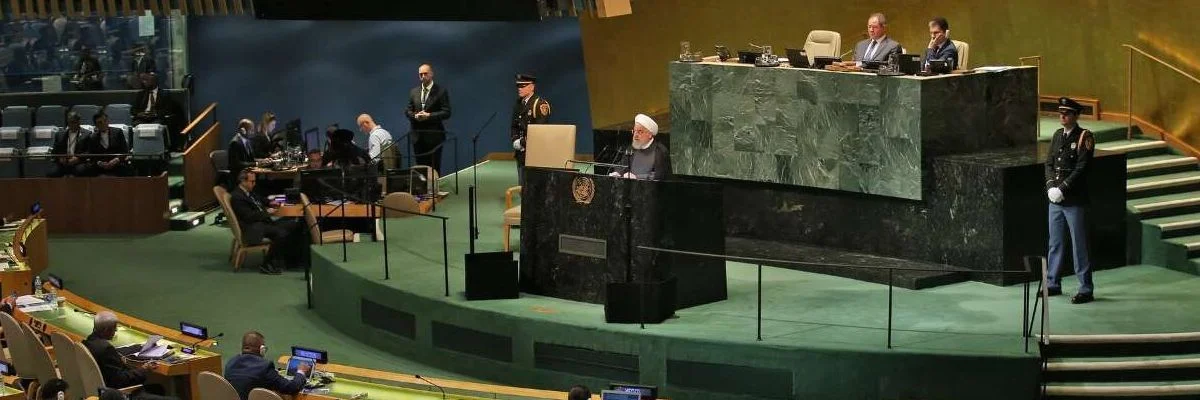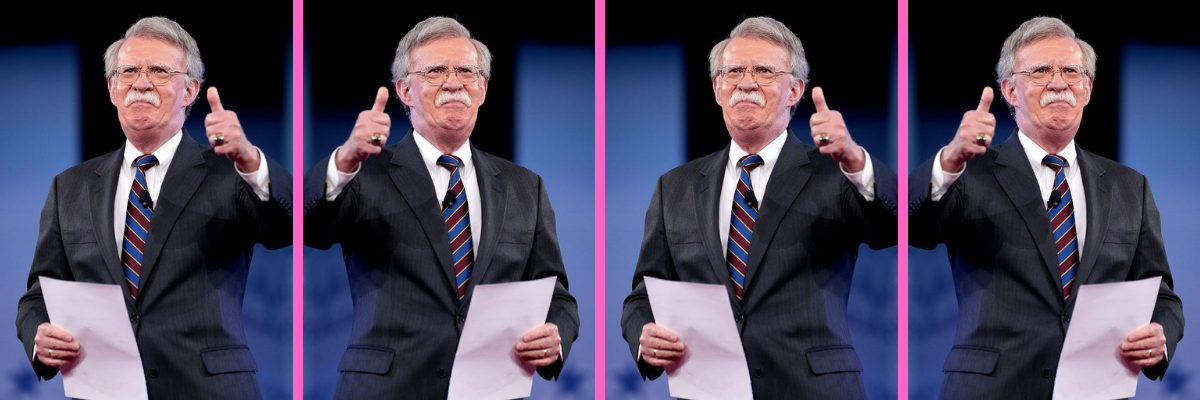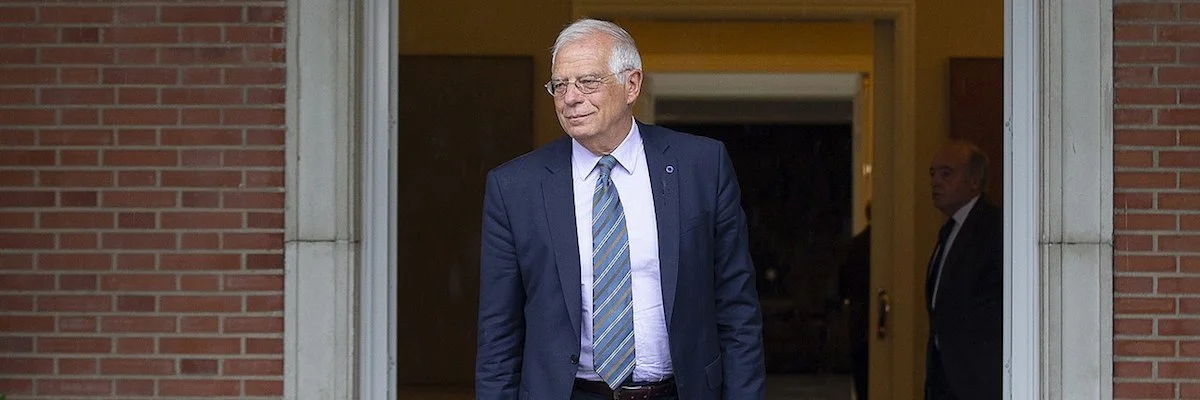At a time when constructive diplomatic relations between Europe and Iran may prove instrumental in efforts to stave off a regional conflict, the speedy operationalization of INSTEX remains an imperative—a point underscored by EU foreign policy chief Josep Borrell following his first trip to Tehran earlier this month.
asdasdasdasdasdasdasdasdasdasd





















